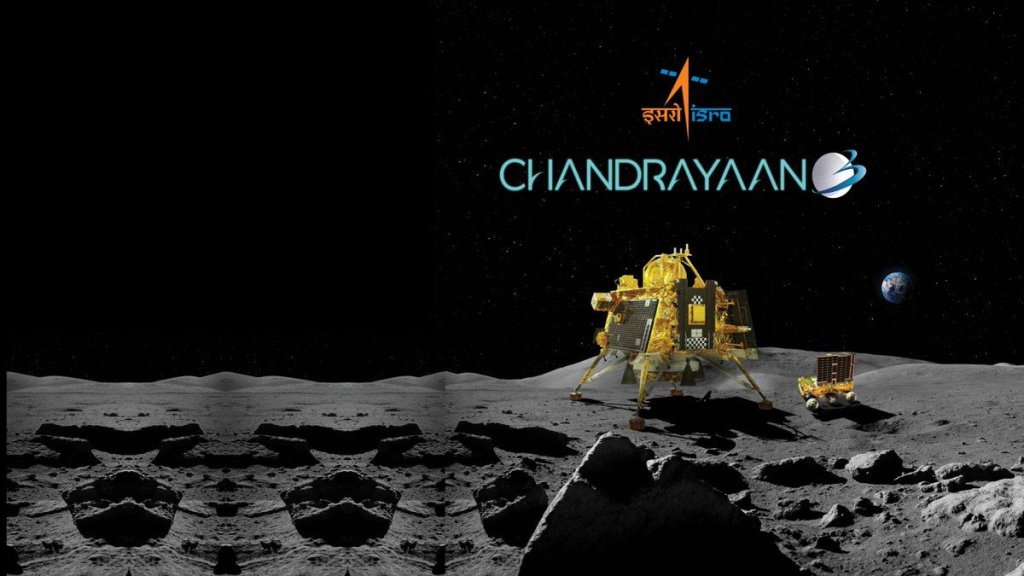Update 8:56 a.m. EDT: The India Space Research Organisation has successfully landed its Chandrayaan-3 Vikram lander near the lunar south pole, its first-ever moon landing and the first probe ever to land at the moon’s south pole. Read our wrap story and see the landing video.
India will make a historic moon-landing try on Wednesday morning (Aug. 23), and you can watch the action live.
The nation’s Chandrayaan-3 spacecraft is scheduled to touch down near the lunar south pole Wednesday around 8:34 a.m. EDT (1234 GMT; 6:04 p.m. Indian Standard Time, or IST). Success would make India just the fourth country — after the Soviet Union, the U.S. and China — to ace a soft landing on the moon.
Watch the touchdown try here at Space.com, courtesy of the Indian Space Research Organisation, or directly via ISRO. Coverage is scheduled to begin at 7:50 a.m. EDT (1150 GMT; 5:20 p.m. IST).
Related: What time will India’s Chandrayaan-3 land on the moon Aug. 23?
The Chandrayaan-3 mission has been smooth so far. The spacecraft launched on July 14 and successfully entered lunar orbit on Aug. 5. On Aug. 17, Chandrayaan-3’s Vikram lander separated from its propulsion module, setting the stage for Wednesday’s touchdown try.
That attempt will come near the lunar south pole, which is thought to be rich in water ice. No probe has ever explored this region on the ground, though Chandrayaan-3 won’t be the first to give it a shot. Russia’s Luna-25 lander crashed on Saturday (Aug. 19) while performing an engine burn designed to set up a Monday (Aug. 21) landing try.
If Vikram sticks its landing on Wednesday, it will deploy a small rover named Pragyan onto the gray dirt. The two robots will then study their surroundings for about one lunar daytime (roughly 14 Earth days), using a variety of science instruments.
Wednesday’s try will be the second lunar landing attempt for India. The first, in 2019, was unsuccessful; the nation’s Chandrayaan-2 lander suffered problems during its descent and smashed into the gray dirt.
Chandrayaan-2 wasn’t a complete failure, however. The mission also sent an orbiter to the moon, which remains active today. In fact, Vikram has established two-way communications with the Chandrayaan-2 orbiter, according to ISRO.

